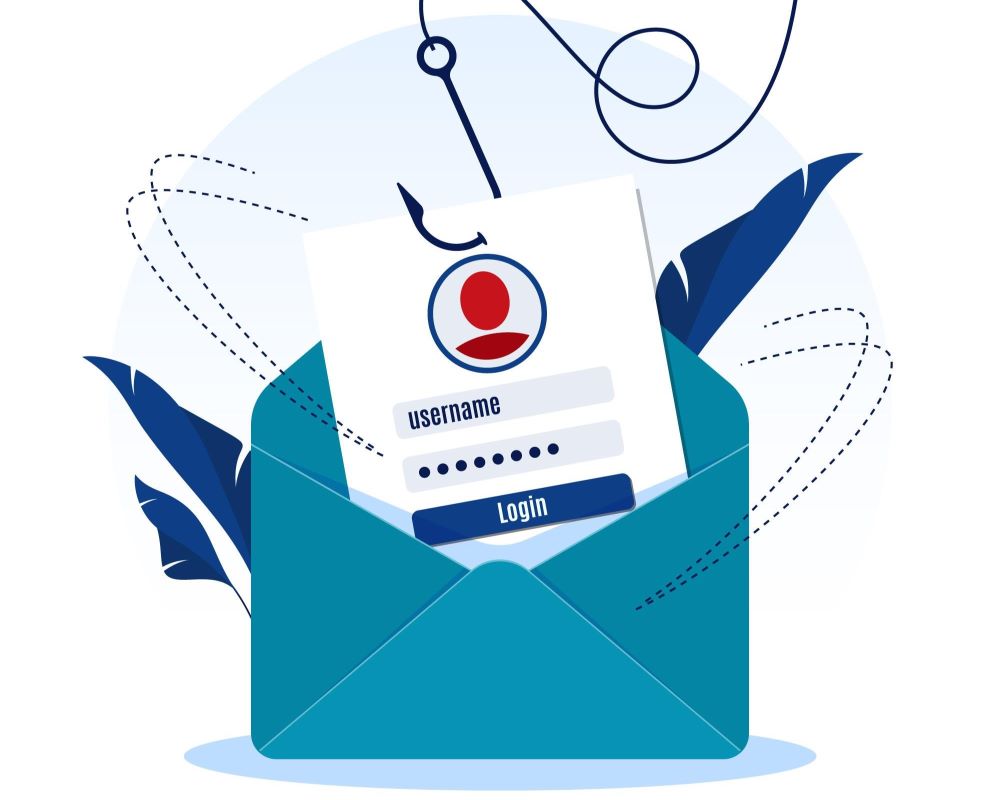Happy holiday! As we deck the halls and trim the tree, it's important to remember that not all surprises this season are pleasant ones. In the digital world, phishing scams become particularly rampant during the holidays. Let’s unwrap this topic and learn how to protect ourselves from these sneaky cyber Grinches.
What is Phishing? Phishing is a type of online scam where fraudsters impersonate legitimate organizations via email, text messages, or other communication channels. Their goal? To steal sensitive data like login credentials, credit card numbers, and more. Think of it as the digital equivalent of someone trying to steal the presents under your tree.
Why the Holiday Season? The holiday season is prime time for phishing attacks. Why? Because everyone is busy shopping online, looking for deals, and may not be as vigilant. Scammers take advantage of this hustle and bustle, sending out cleverly disguised emails and messages that can catch even the savviest of us off guard.
Recognizing Phishing Attempts:
- Suspicious
Emails and Texts: These messages may mimic familiar brands, especially
those you might be shopping with during the holidays. Look out for odd
email addresses, urgent language, or requests for personal information.
- Too-Good-To-Be-True
Deals: Scammers know we love a good holiday deal. If an offer looks
too good to be true, it probably is.
- Unusual
Requests: No legitimate company will ask for your password or credit
card information via email.
How to Protect Yourself:
- Double-Check
the Source: If you receive an unexpected email from a retailer, don't
click on any links. Instead, visit the retailer's official website by
typing the URL directly into your browser.
- Use
Security Software: Ensure your antivirus and anti-malware software are
up-to-date. These can often catch and alert you to phishing attempts.
- Educate
Yourself and Others: Share your knowledge with friends and family. The
more people are aware of these tactics, the less effective they become.
- Two-Factor
Authentication (2FA): Where possible, enable 2FA. It adds an extra
layer of security even if your password gets compromised.
- Report Suspicious Activities: If you encounter a phishing attempt, report it. This helps cybersecurity professionals track and combat these threats.
The Bottom Line This holiday season, let’s keep our
digital spaces as festive and secure as our homes. By staying alert and
informed about phishing scams, we can all enjoy a safer holiday experience.
Remember, the best gift you can give yourself and your loved ones is the gift
of cybersecurity awareness.
Stay tuned for more holiday-themed cybersecurity tips. Next
up, we’ll be diving into the mysterious world of E-Commerce Scams. Stay safe
and keep the holiday spirit alive!

